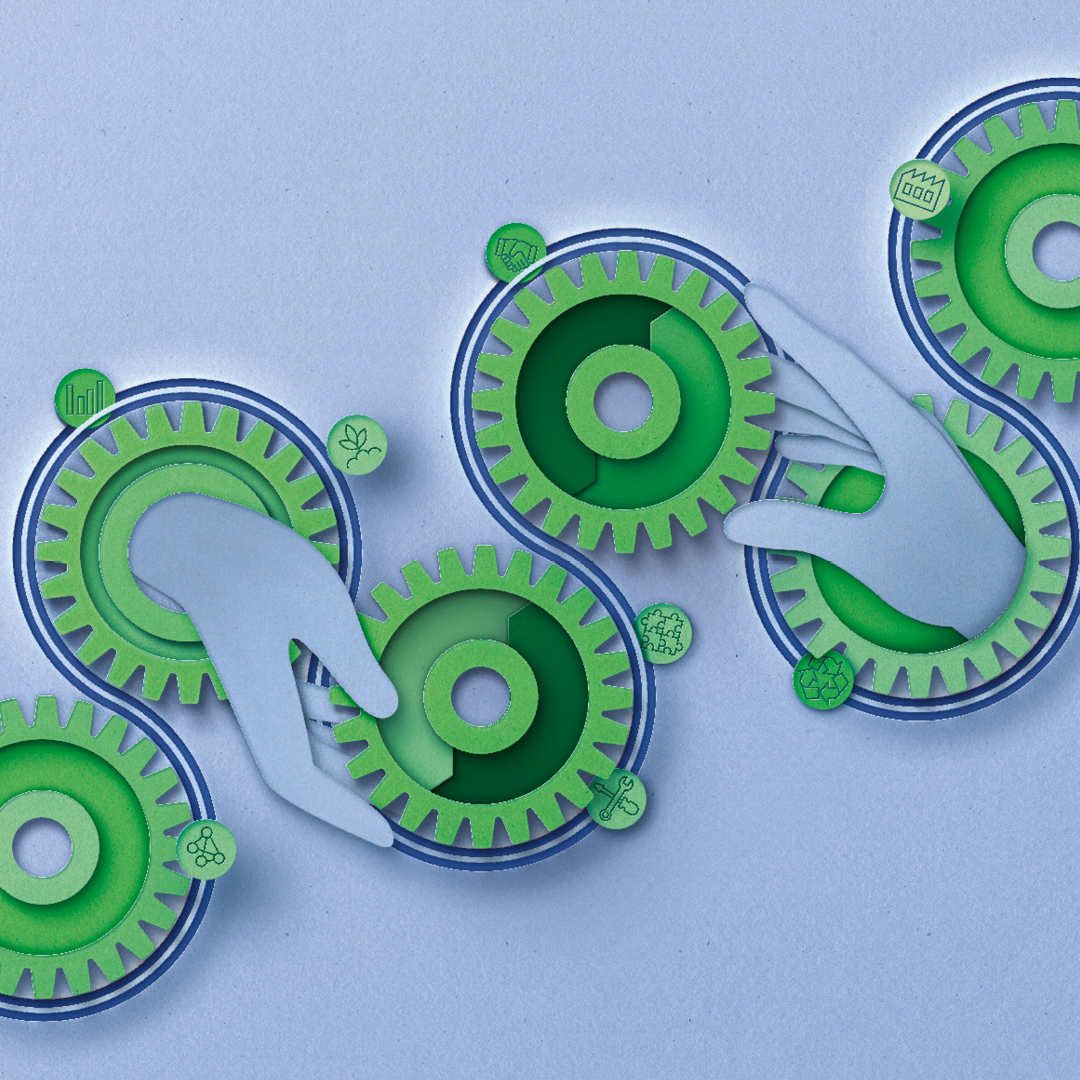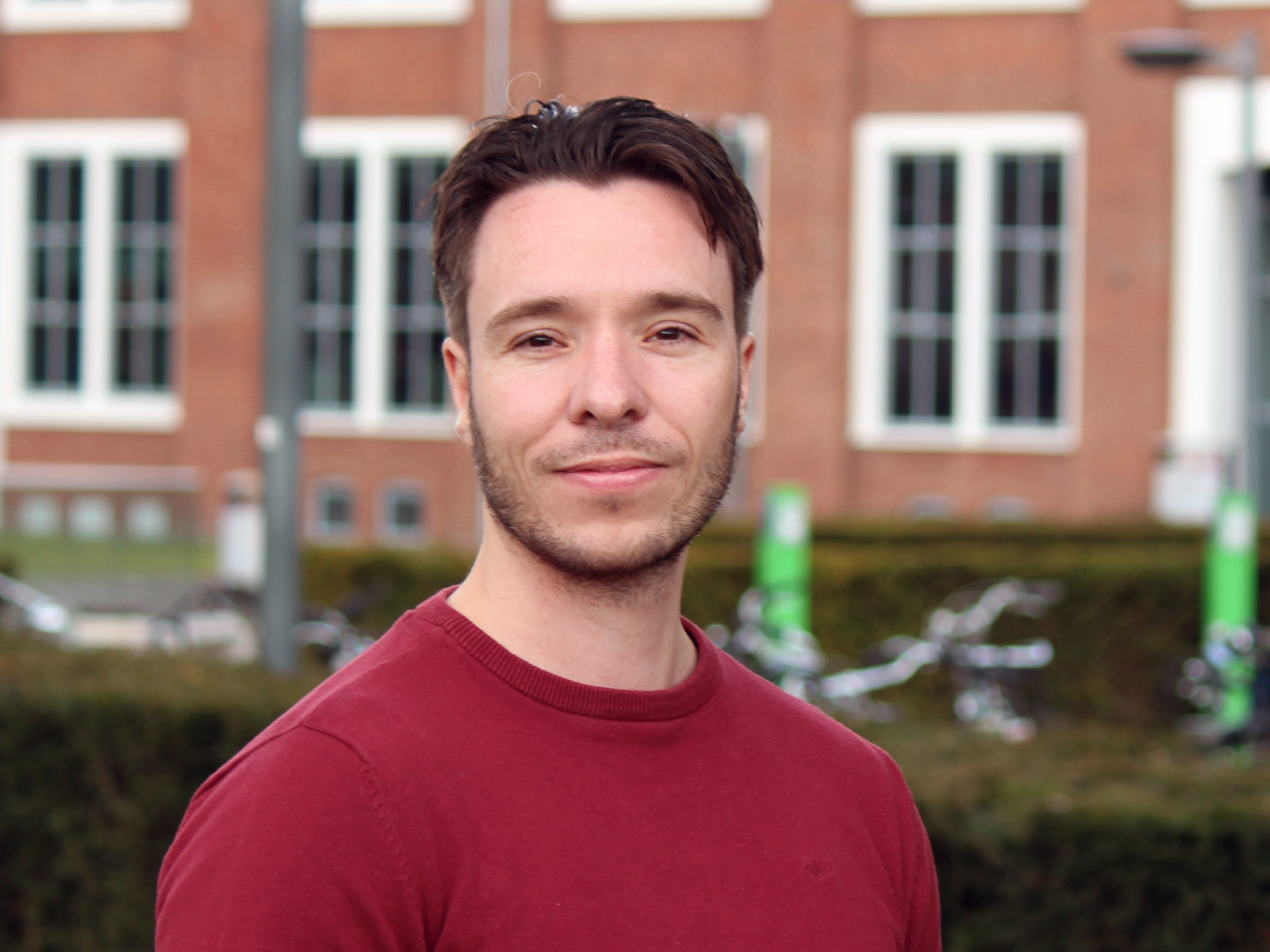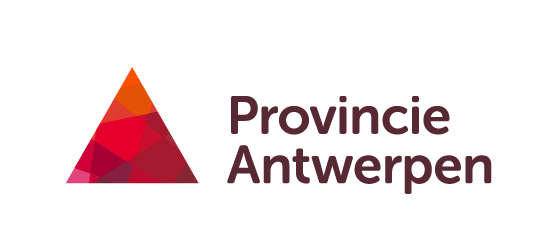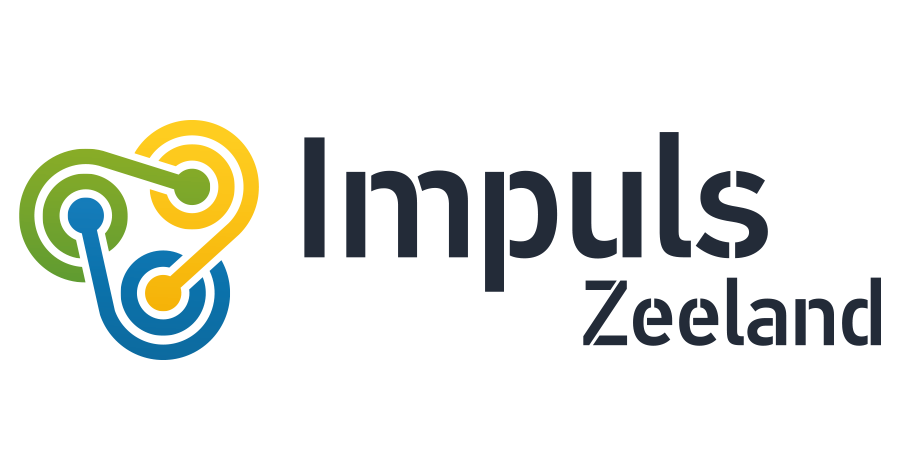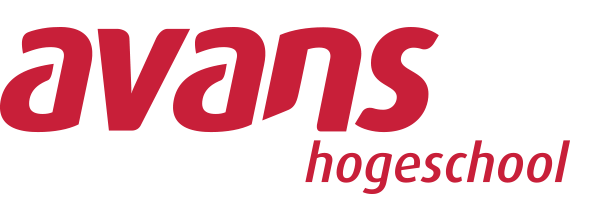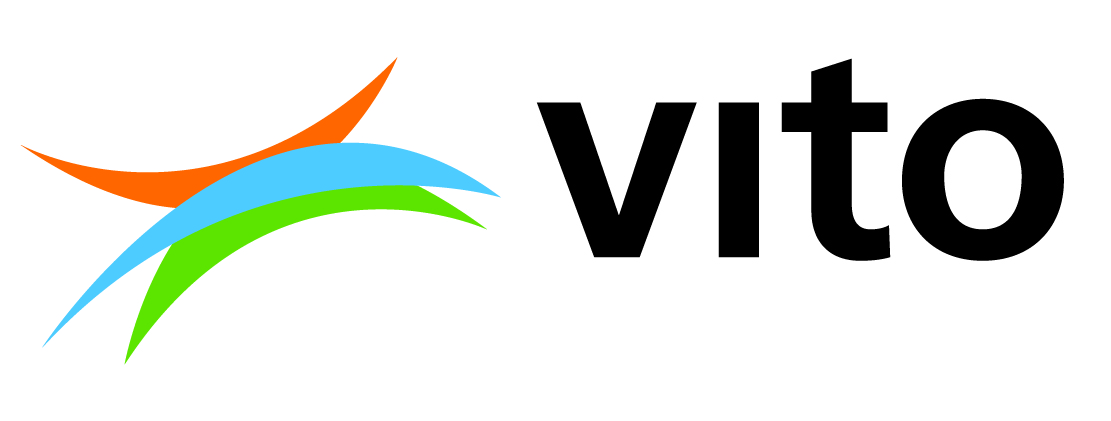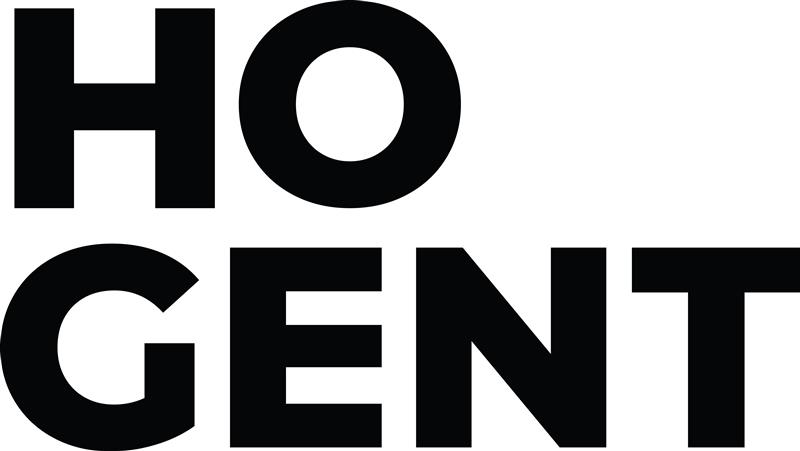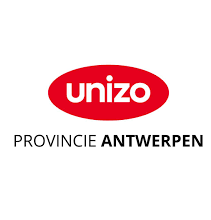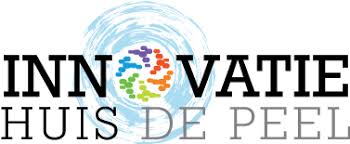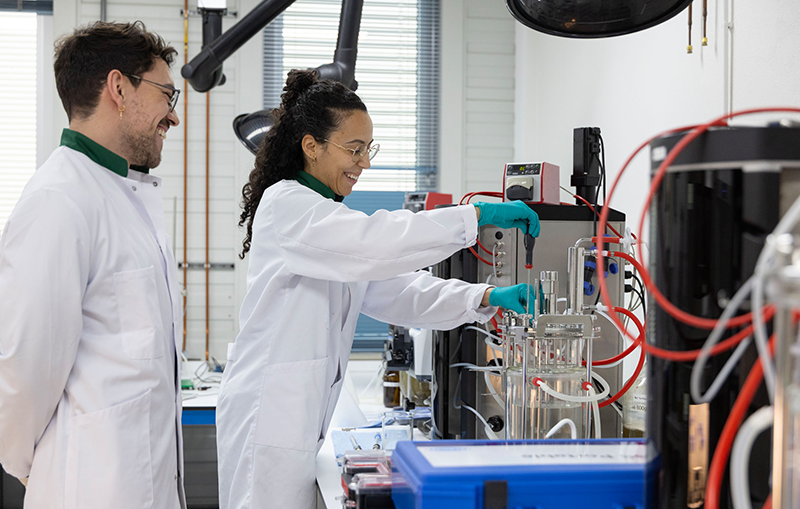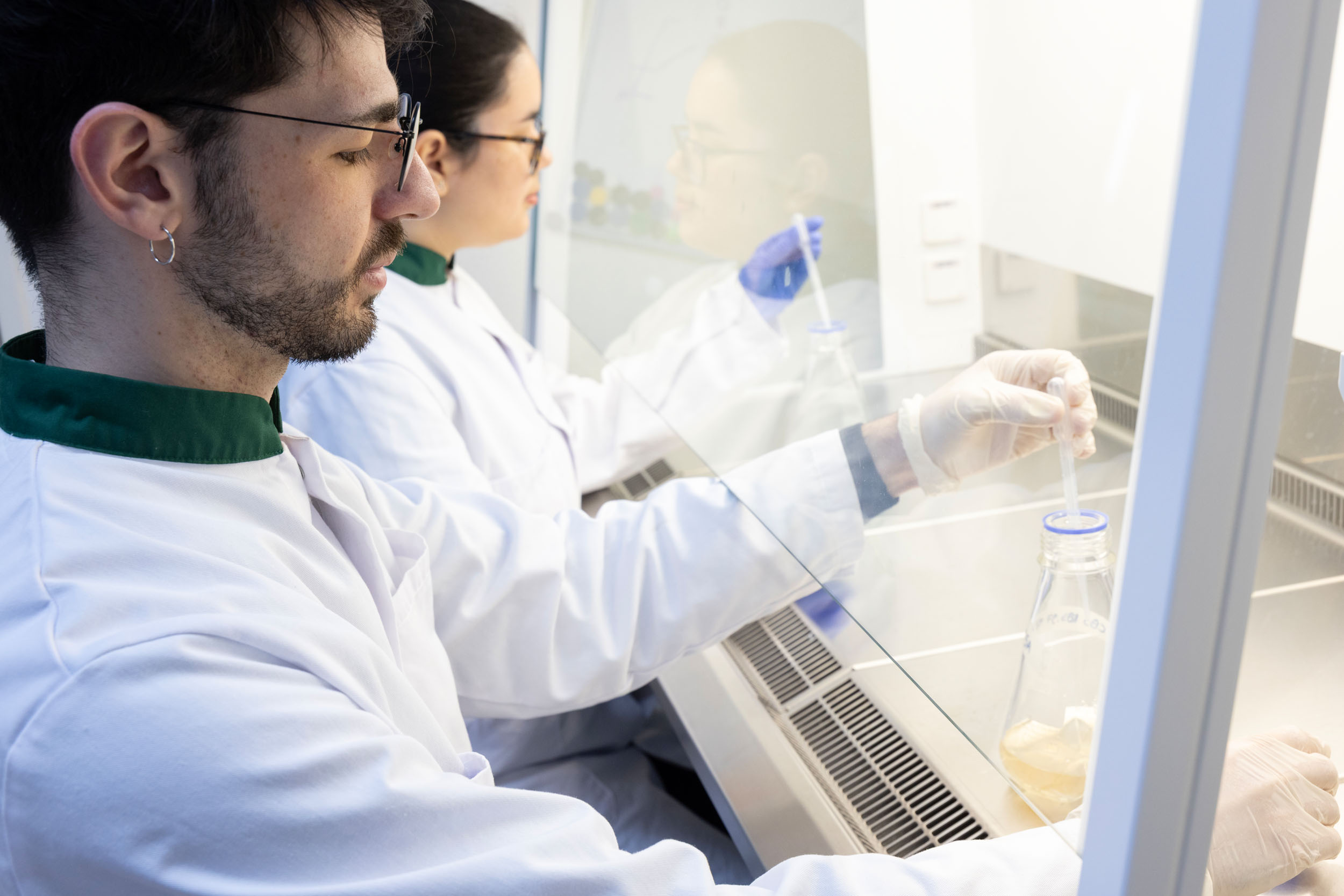To stimulate circular cooperation, BOND introduces a new concept: the “circular agent.” This intermediary supports companies in finding concrete and feasible matches across sectors and national borders. Examples include a manufacturing company supplying plastic residues to a recycling partner, a food company sending organic by-products to a biogas installation, or excess heat being reused locally through district heating networks. The project aims to realise at least 30 circular matches in the Flemish-Dutch border region — offering both economic and ecological benefits.
MNEXT brings circular solutions into practice, together with BWNO
Within BOND, MNEXT plays a central role in bringing circular collaboration into practice. We develop a decision-making framework to assess potential residual stream matches based on technical, economic and environmental feasibility. In addition, we test the approach at multiple locations by bringing companies together and developing concrete cases. This allows us to help organisations not only identify circular opportunities, but also turn them into real-world applications.
We collaborate closely with the Centre of Expertise Brede Welvaart & Nieuw Ondernemerschap (BWNO), also part of Avans. BWNO develops the methodology that enables cross-sector and cross-border connections between companies, while also improving tools and creating training modules to make the circular agent approach widely applicable across the border region.
Both Centres of Expertise conduct practice-based research within BOND, each from a complementary angle: MNEXT focuses on residual streams and technical feasibility, while BWNO specialises in methodology development and broader societal value. Together, we create an approach that is both substantively robust and practically workable for companies.
Working together toward a circular border region
BOND is carried out by eleven partners from Flanders and the Netherlands, including governments, knowledge institutes and business organisations. Together, we are building a scalable model that makes circularity feasible, profitable and practically achievable for a wide range of companies.
September 2025 until August 2028




